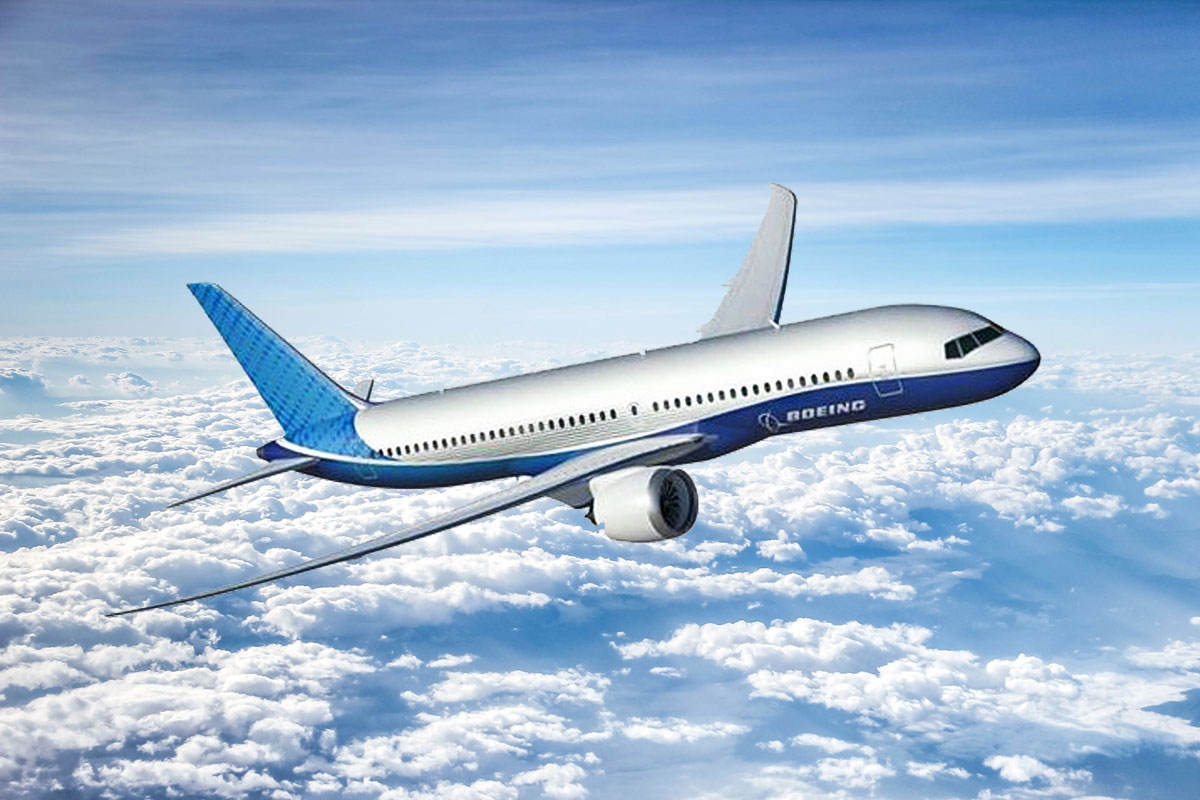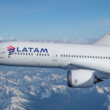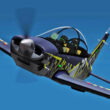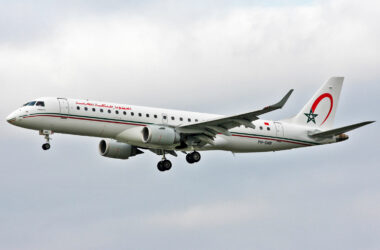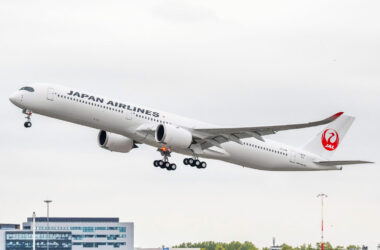During the November 2 investor conference, Boeing not only discussed its financial situation and the status of current programs, but also plans for new commercial aircraft.
The manufacturer’s stance, however, frustrated those who expected a “797” to appear in the coming years. Dave Calhoun, CEO of Boeing, was emphatic that the company’s focus will long be on making the 737 and 787 aircraft efficient and safe.
“We won’t contemplate a new plane or put it on the drawing board until we know we’re capable of doing it,” said the chief executive, who took the helm at Boeing during the stormy period when the 737 MAX was grounded and the 787 had trouble on the assembly line.
Calhoun argued that the moment in the industry is disruptive, with zero-carbon technologies being studied, but that none of this should be ready by the end of the 2020s.
“There is nothing in the propulsion side of the house that is going to deliver that in this decade,” he said.
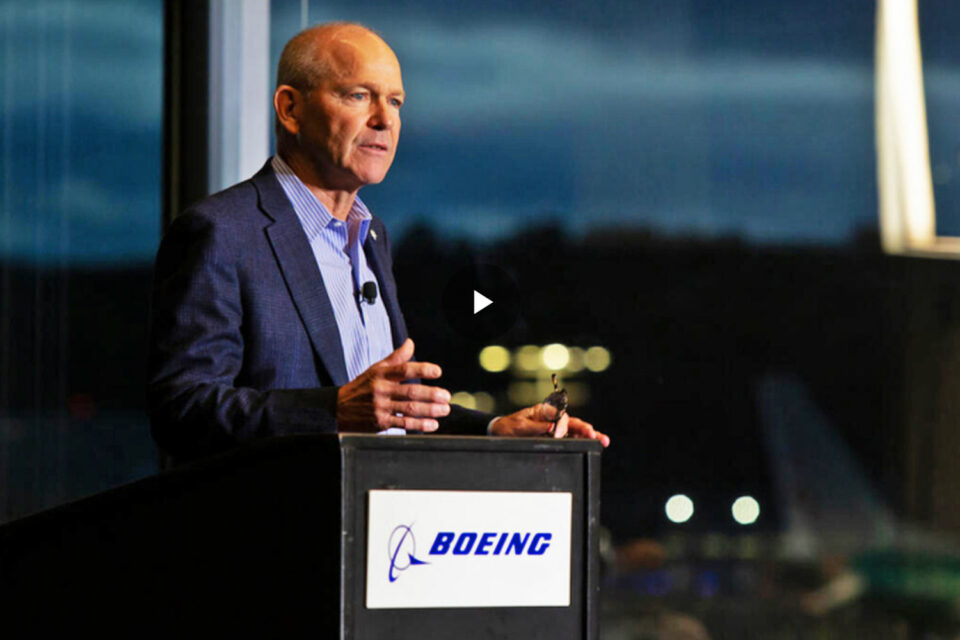
According to the CEO, a new generation aircraft will have to guarantee savings of 20% to 30% compared to current models. To achieve this goal, it will still be necessary to meet stricter emission limits.
Boeing puts its chips in digital modeling tools that are currently being used in military projects. With them, the company intends to obtain greater efficiency and assertiveness in the development and production of an advanced commercial aircraft, but the technology is still at an early stage.
Regarding the NMA (New Midmarket Airplane), nicknamed “797” and which would be a widebody with dimensions smaller than the 787, Calhoun pointed out that Boeing is not interested in filling gaps, but in reaching an entire segment. “I want to build a product that is going to differentiate in a way that absolutely substitutes the airplanes that came before it,” he explained.
Finally, the US manufacturer downplayed the option for hydrogen as the ideal fuel to achieve zero carbon emission targets by 2050. “I don’t think hydrogen is going to get us from here to there,” said Calhoun, without explaining which alternative Boeing sees as more promising.

